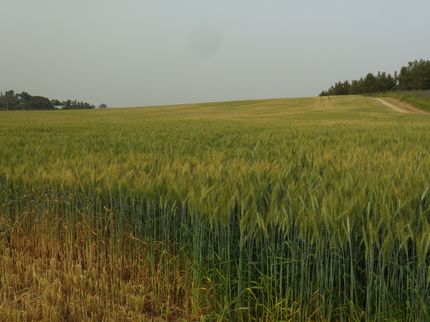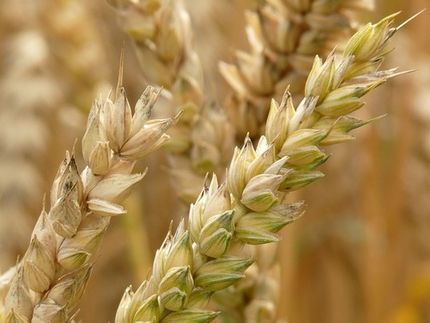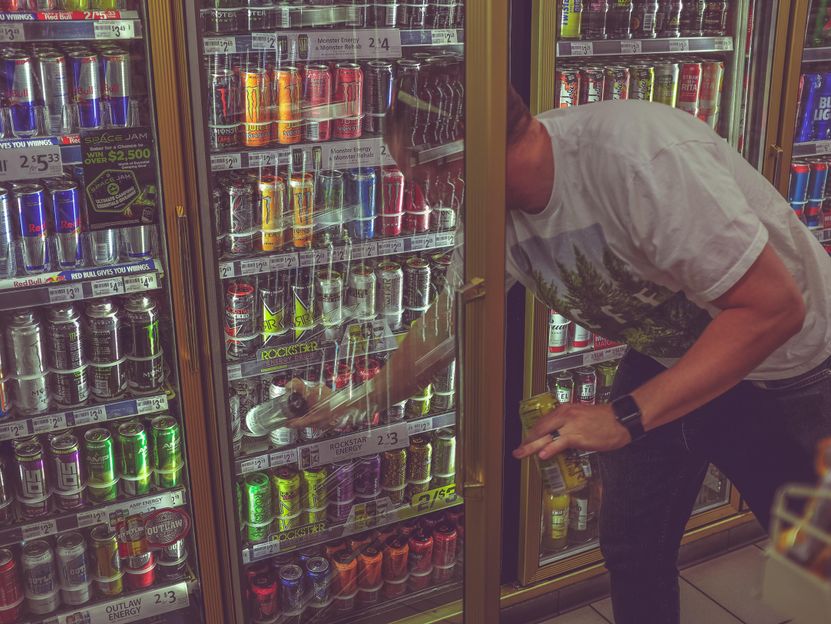Unilever invests in biotech partnership to identify alternative cleaning ingredients
Through a new partnership, we’re aiming to develop a variety of sugar cane to extract plant-based oils for use in our cleaning ingredients. Read how this industry-first could support our ambition to deliver net zero emissions across our value chain.

Symbolic picture
computer generated picture
Unilever and Nufarm, a global agriculture innovator, are partnering to develop and commercialise a crop of the future.
The project aims to cultivate a crop with significant biomass to produce sustainable oils. The biomass oil – derived from plant material, including the leaves and stems – will be a source of fatty acids, a core base ingredient for our laundry detergents and beauty and personal care products.
Typically, plant oils like sunflower and canola are produced in the seeds and fruits. The breakthrough of this technology is that the oil will be grown using the entire plant – including the leaves – in crops like cane and sorghum (a cereal grain).
Nufarm has previously developed and commercialised a variety of sugar cane called energy cane, a sustainable crop which generates significantly more plant matter and sugar than traditional sugar cane. Our investment will leverage recent breakthroughs in biotechnology to develop a new, commercially viable variety of energy cane that can also produce biomass oil.
Future ambitions
The goal of this technology is to reduce our reliance on petrochemical-based ingredients and would be the first time a biomass crop has been optimised to produce the plant-based oil which, if successfully grown at scale, will be used as an ingredient in consumer goods products.
In its current form, energy cane already has sustainability benefits such as climate stress tolerance, drought resistance and more efficient protection of soil against erosion. It also has harvesting benefits for farmers and the environment. The project aims to replicate and build on these traits in the new crop which would contribute to our greenhouse gas (GHG) emission reduction ambitions in ingredient sourcing.
Unlocking the power of nature
As well as being more robust, the aim is for no parts of the crop to go to waste. In addition to oil, the plant will also continue to produce sugar, which we hope could be used in other biotechnology processes to generate speciality ingredients such as fragrances and enzymes. We’ll also explore if the leftover plant fibre can be used to produce paper and board for packaging.
“By continuing to invest in biotechnology, we aim to further unlock the power of nature and build a more sustainable and diverse supply chain for the future,” says Neil Parry, Head of Biotechnology at Unilever.
“This partnership enables us to identify alternative ingredients for our household, beauty and personal care brands which will further support our ambition to reach net zero emissions across our value chain by 2039.”
Raw materials and ingredients account for approximately 52% of our GHG emissions in scope of our net zero ambition and represent the largest emissions source.[a] This partnership is one way in which we’re utilising biotechnology to advance sustainable sourcing of critical raw materials.
The first phase of the project is primarily being used to support the research and development of the plant biotechnology.
Most read news
Other news from the department business & finance

Get the food & beverage industry in your inbox
By submitting this form you agree that LUMITOS AG will send you the newsletter(s) selected above by email. Your data will not be passed on to third parties. Your data will be stored and processed in accordance with our data protection regulations. LUMITOS may contact you by email for the purpose of advertising or market and opinion surveys. You can revoke your consent at any time without giving reasons to LUMITOS AG, Ernst-Augustin-Str. 2, 12489 Berlin, Germany or by e-mail at revoke@lumitos.com with effect for the future. In addition, each email contains a link to unsubscribe from the corresponding newsletter.































































